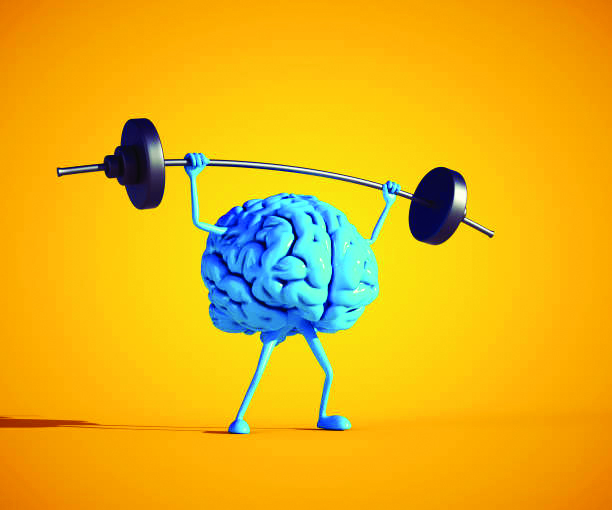Resilience of the mind
Nurturing emotional strength is an acquired skill which entails the ability to process difficult feelings and respond in a healthy way

Dear doctor, I feel very weak emotionally. I get hurt and upset with everything. How can I become more emotionally strong, never feel the pain, and always be positive and happy despite the circumstances?
“Emotional strength is not about the absence of challenges or pain, but rather the ability to rise above them, transform them, and grow stronger because of them.”
- Unknown
Life is a series of unpredictable ups and downs of joy and adversity. Stress and challenges are part of our daily lives. Emotional strength has become an invaluable trait. Emotionally strong individuals possess the resilience and fortitude to navigate through life with grace and determination. Contrary to popular belief, emotional strength is not an innate quality but a skill that can be learned and practised.
These “emotionally strong individuals” exhibit a remarkable ability to not only endure hardships but also grow and thrive amidst them. Most people hear the term “emotionally strong” and jump to the conclusion that it must mean to stay unfazed in the face of any challenges. The reality is quite different. Emotional strength is not about getting rid of difficult feelings, it means the ability to process them, and respond in a healthy way.
Myths and facts about emotions:
Myth 1: You should be happy all the time.
Fact: You are going to feel all ranges of emotions, just like the changing weather.
Myth 2: You should bounce back from a stressor almost instantly.
Fact: Take all the time to process and go through the emotions rather than avoiding them or distracting yourself. It’s okay to feel the pain.
Myth 3: You should be able to control your emotions.
Fact: This is not possible. Our emotions control us; we don’t control them. We can only work on controlling how we respond to them.
Myth 4: You are weak for showing vulnerability.
Fact: Vulnerability is shown by the strongest individuals, as they are confident in themselves.
Myth 5: An emotionally strong person will never have a mental health issue.
Fact: Mental health issues are not a sign of weakness and have nothing to do with strength or weakness of character. An emotionally strong person can also go through mental health problems and learn to deal with them. Anyone can fall prey to mental health disorders or issues.
How can you become more emotionally strong?
* Self-awareness: Try to inculcate a deeper understanding of your own emotions, thoughts, and behaviours. Be accepting of your weaknesses and take responsibility for your actions rather than hiding behind excuses.
* Acceptance of ‘all’ emotions: Just like the rainbow, all colours are necessary. Acknowledge and accept your emotions, both positive and negative. Avoid suppressing or denying your emotions.
* Positive mindset: look for a silver lining in most situations and, at the same time, avoid toxic positivity. Try to become more solution-focused than problem-focused.
* Practising self-growth and self-compassion: Would you put down someone else for making a mistake? Then why do you end up berating yourself for the same thing? It is important to be compassionate towards yourself, accept your failures, and use them for growth. Self-growth and compassion can be inculcated using activities such as meditation, journaling, or engaging in hobbies.
* Boundaries: Learn to set healthy boundaries to protect your emotional well-being by knowing when to say no and avoiding overcommitting yourself.
* Flexibility and adaptability are the hallmarks of emotional strength. Be open to new perspectives and adaptable in the face of change and uncertainty.
* Resilient coping mechanisms: Imbibe positive and healthy coping mechanisms to deal with stress and adversity. For example, seeking support from loved ones, practising mindfulness or meditation, or engaging in physical exercise.
* Mindfulness: Being in the now and here can help you disconnect from the past and future and instead fully soak in the present moment.
* Gratitude and appreciation: Gratitude and appreciation for the positive aspects of your lives can help maintain a positive and grateful mindset.
* Nurturing relationships: Building and maintaining positive relationships by surrounding yourself with people who uplift you, help you when you are down, and at the same time keep you grounded, is important.
Book recommendation: ‘The Gifts of Imperfection’ by Brené Brown.
‘Man’s Search for Meaning’ by Viktor E. Frankl.
Send your questions to [email protected]



